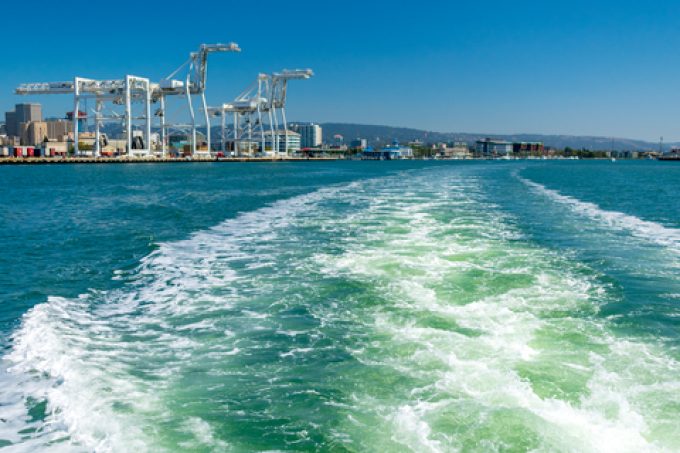Idle containership fleet grows a little – but emissions are soaring
The end of the early peak season and a truncated US east coast port strike ...

At next week’s International Maritime Organization’s MEPC81, the global shipping regulator is considering a proposal that would see a massive increase in shipping’s global CO2 emissions, for no reason.
In settling the particulars of the IMO Fuel GHG (GFS) standard, IMO member states are tasked with answering the well-to-tank (WtT) question: whether the CO2 emissions involved in fuel production should also be counted toward its carbon footprint.
Various IMO member states are agreed that GFS should incorporate a lifecycle assessment of new ...
Transpacific sees first major MSC blanks as rates fall and volumes falter
'It’s healthy competition' Maersk tells forwarders bidding for same business
White House confirms automotive tariffs – 'a disaster for the industry'
New price hikes may slow ocean spot rate slide – but for how long?
Shippers snap up airfreight capacity to US ahead of tariff deadline
Supply chain delays expected after earthquake hits Myanmar
Tighter EU import requirements proving 'a challenge' for forwarders

Comment on this article